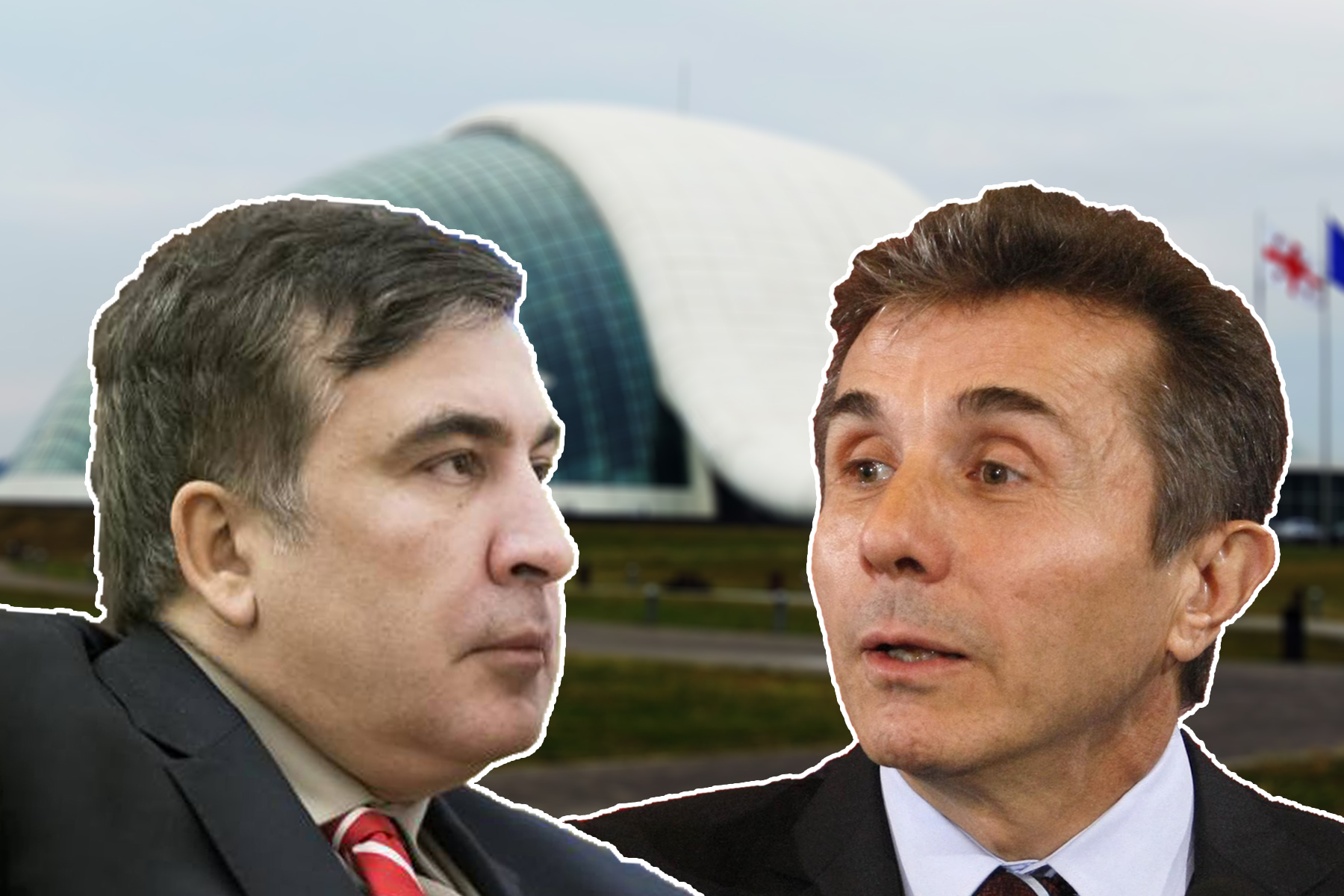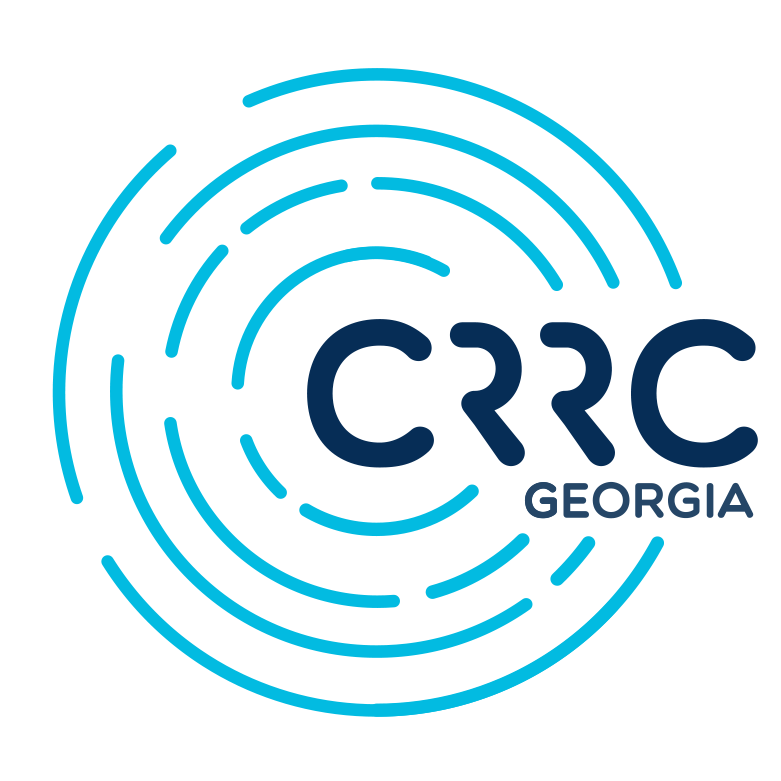
CRRC-Georgia examines the trust in political institutions in Georgia, and what that might mean for Georgian democracy.
A fair amount of scholarship indicates that (dis)trust in political institutions provides an indication of how well those institutions work. Hence, trust in political institutions is an important indicator of the functioning of a democratic government.
Following this line of logic, one would expect that trust in institutions reflects the public’s trust in who runs them. Data from CRRC’s Caucasus Barometer from 2011 to 2017 supports this argument.
Overall, the data indicate that trust in political institutions has declined in Georgia since 2011. None of the political institutions asked about on the Caucasus Barometer (the president, local government, executive government, parliament, and political parties) received as high a level of trust on the 2017 Caucasus Barometer as on the 2011 or 2012 versions of the survey.
While trust has declined overall, relative levels of trust have largely been in sync with the changes of power in the country.
After the Georgian Dream party came to power in 2012, there was an increase in trust towards the executive government (from 39% to 48%) and parliament (from 37% to 44%), the two institutions that changed political leadership.
Trust in the president continued to decline from 58% in 2011 to 28% in 2012, and 23% in 2013. All of these surveys were done while Mikheil Saakashvili was still president.
Trust in the president grew in 2015, the first Caucasus Barometer after the 2013 presidential elections, which ended Mikheil Saakashvili’s presidency and brought Giorgi Margvelashvili to office.
Public trust in local government did not follow the same logic as the executive government, parliament, and the presidency. Even though Georgian Dream won the 2014 local elections, trust in local government did not change between 2013 and 2015.
This could be due to the relatively weak public expectations of local government. Indeed, in 2013, only 4% of the public reported they had attended a local government meeting in the last year on a CRRC/TI survey. Besides low expectations, many local government officials had defected from the UNM to GD in the years since the change of power. Hence, it is not clear that the elections truly marked a change of power.
At the same time, that trust in local government did not increase, trust towards executive authorities and the parliament declined as the popular glow surrounding Georgian Dream wore away. Trust towards the executive fell from 48% in 2012 to 26% in 2017. While 44% trusted parliament in 2012, trust fell to 22% in 2017.
Meanwhile, trust in President Margvelashvili continued to grow, which might be attributable to his de facto opposition to the ruling party, without defection to the opposition United National Movement Party (UNM).
Trust in political parties has remained low and showed little change from year to year. It declined between 2011 and 2015, yet trust in political parties does not appear to follow the electoral cycle as trust in institutions controlled by specific parties appears to.
Growing public mistrust toward political institutions in Georgia is a sign of weak state institutions in the country. Renewed optimism and trust in institutions appear to follow changes in political leadership, but without strong institution-building processes, optimism turns into disappointment.
While Georgian democracy has made consistent progress for the last three decades, transitioning from personality to policy-driven politics remains a challenge for Georgia’s democratic consolidation.
This article was written by Kristina Vacharadze, Programmes Director at CRRC-Georgia. The opinions expressed in the article do not represent the views of CRRC-Georgia or any related entity.
To explore the data further, visit CRRC's Online Data Analysis tool.




 14 January 2019
14 January 2019



